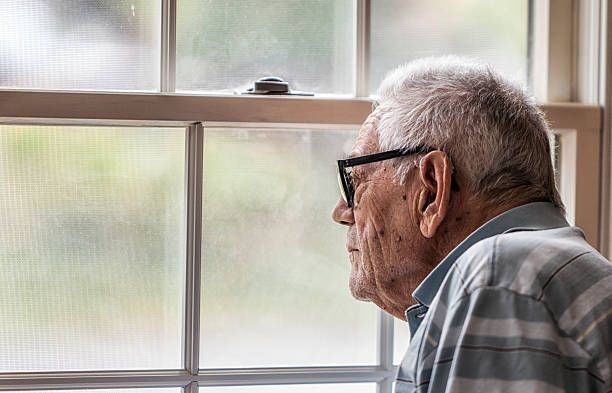8 Ideas for Bathing Individuals with Alzheimer's and Dementia
8 Ideas for Bathing Individuals
with Alzheimer's and Dementia
At 7 Day Home Care, we recognize that experience is invaluable when bathing an individual with Alzheimer's or dementia. Experienced caregivers bring a wealth of knowledge and understanding, essential for navigating the complexities of these conditions. They are adept at creating a calming environment, recognizing and responding to non-verbal cues, and employing gentle techniques that reduce anxiety and agitation. Their expertise allows them to maintain the dignity and independence of those they care for by involving them in the process and respecting their personal boundaries. Experienced caregivers are also skilled in establishing trust and routine, which are critical for the comfort and security of individuals with Alzheimer's or dementia. Furthermore, their familiarity with best practices, such as using warm water and removing potential hazards, ensures a safe and soothing bathing experience. By leveraging their extensive experience, caregivers can provide compassionate, effective, and personalized care, greatly enhancing the well-being of their clients.

Are You Searching for a Home Care Agency Near Me
with Experience in Alzheimer's and Dementia Care?
Bathing is an essential daily task that requires careful attention when caring for individuals with Alzheimer's or dementia. As a home health aide or caregiver, it is crucial to understand the unique challenges associated with bathing these individuals and to provide them with the utmost care and respect. This article aims to provide a guide to help home health aides and caregivers navigate the bathing process effectively.
Understanding the Impact of Alzheimer's and Dementia: According to the Alzheimer's Association, Alzheimer's disease affects more than 6 million Americans, and dementia affects approximately 50 million people worldwide. These conditions can cause memory loss, confusion, and difficulty with daily tasks, including bathing.
- Promoting a Safe and Comfortable Environment: Creating a safe and comfortable bathing environment is crucial. According to the National Institute on Aging, approximately 60% of people with dementia wander, making it essential to secure the bathroom area and remove any potentially dangerous items such as razors, medications, or slippery surfaces.
- Establishing Trust and Routine: Individuals with Alzheimer's or dementia may feel anxious or agitated during the bathing process. The Alzheimer's Association suggests that establishing trust and maintaining a consistent routine can help reduce agitation and foster a sense of security.
- Utilizing Proper Techniques: Gentle Approach: According to the Mayo Clinic, using a gentle and calm approach is crucial when bathing individuals with Alzheimer's or dementia. Maintain eye contact, speak softly, and provide reassurance throughout the process.
- Respect Personal Boundaries: Respecting personal boundaries and allowing the individual to participate in the bathing process as much as possible can help maintain their dignity. Offer choices whenever feasible, such as selecting the temperature of the water or the type of soap.
- Warm Water: The Alzheimer's Association recommends using warm water (between 90-100°F) for bathing, as it promotes relaxation and comfort.
- Promoting Independence: While providing assistance, it is important to encourage independence as much as possible. The National Institute on Aging suggests that allowing individuals to perform tasks they can handle on their own, such as holding the soap or washcloth, can help maintain their self-esteem and dignity.
- Recognizing Non-Verbal Cues: People with Alzheimer's or dementia may have difficulty expressing their needs verbally. It is crucial for home health aides and caregivers to pay attention to non-verbal cues, such as body language or facial expressions, to understand when an individual is uncomfortable or in pain.
- Seeking Support and Training: Home health aides and caregivers should continuously seek support and training to enhance their knowledge and skills. Organizations such as the Alzheimer's Association and the National Institute on Aging offer online resources, webinars, and support groups to assist caregivers in their journey. Bathing individuals with Alzheimer's or dementia requires empathy, patience, and understanding. By establishing trust, providing a safe environment, and using proper techniques, home health aides and caregivers can ensure a dignified and comfortable bathing experience. Remember, seeking ongoing support and education is vital to provide the best possible care for individuals with Alzheimer's or dementia.
As a leading provider of in-home care in Manhattan, Brooklyn, Queens, Nassau County, and Suffolk County, 7 Day Home Care is committed to supporting individuals with Alzheimer's or dementia and their caregivers. Contact us today at www.7dayhomecare.com or call 516-408-0034 to learn more about our specialized services and how we can assist you in providing compassionate care for your loved ones.
Brian Callahan
7 Day Home Care










